As the world becomes more dangerous, it’s important to take protective measures to ensure your safety and security. From staying up-to-date on the latest security threats to adopting sensible safety measures at home and work.
We can take many steps to protect ourselves. Then read on for tips on implementing nine personal safety & security measures ASAP. These simple tips will help you stay safe and secure in any environment, no matter where you are.
From staying alert and aware of your surroundings to being smart about who you talk to and what you share online. These tips will help safeguard your privacy and security. So read on and start taking steps to make your life safer.
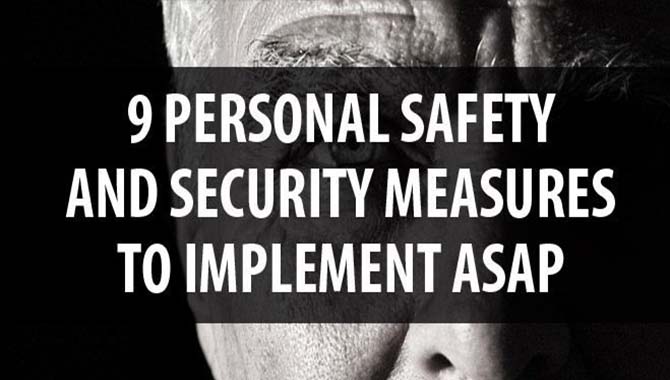
9 Personal Safety & Security Measures To Implement ASAP
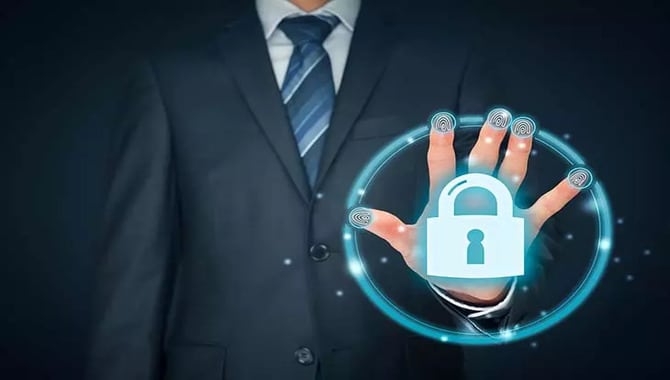
It’s important to take personal safety and security measures seriously. No one is immune to crime, so it’s important to be proactive in protecting yourself. Here are nine personal safety & security measures that you should implement as soon as possible:
1. Create A Security And Safety Plan
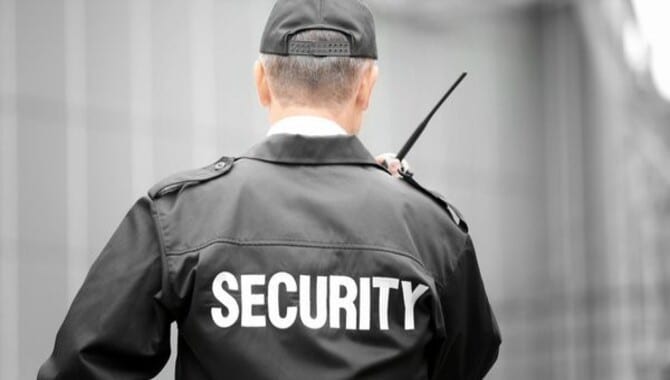
Creating a security and safety plan is the first step in ensuring your safety and security. It’s important to have a plan covering every possible contingency. So you can take steps to protect yourself from potential threats.
Make sure to create a security and safety plan. This will include where you keep your passport, bank cards, and other important documents. What type of locks to use on your doors and windows; who can visit you in the hospital or care home; etc.
2. Install Alarm Systems
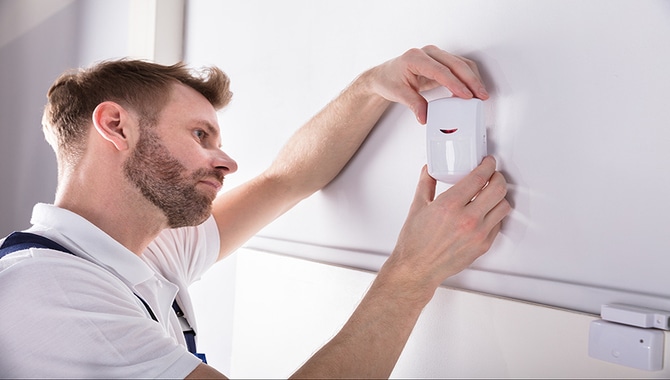
Undoubtedly, the world is becoming increasingly dangerous, and one of the best ways to protect yourself is by installing an alarm system. Not only will this give you peace of mind in case something happens. But it can also help you to stay safe when you’re not at home.
Several different types of alarm systems are available on the market, so it’s important to choose the right one for your needs.
You could opt for a basic system that monitors your home, or you could go for a more comprehensive security package that includes motion and contact sensors. Whichever option you choose, read the safety instructions carefully before installation, so everything goes smoothly.
3. Keep An Eye Out For Suspicious Activity
Keep an eye out for anything that seems out of place or strange. This could include people acting strangely, vehicles driving in unusual patterns, or unusual activity inside or near your home. If you see anything that worries or surprises you, don’t hesitate to call the police.
It’s important to be aware of the unusual things around you, so you can flag them as potential threats. If you see someone behaving suspiciously or any kind of suspicious activity happening near your home or office, please don’t hesitate to contact the police.
4. Make Sure You Are Aware Of Your Surroundings At All Times

Make sure you are aware of your surroundings at all times. This means being alert for anything that could pose a threat, such as people lurking in the shadows or someone following you. If something feels wrong, don’t hesitate to call the police.
It’s always important to keep your personal belongings safe, including passports and bank cards. Keep these items secure by storing them away from sight and hidden from thieves. You can also invest in safety deposit boxes for additional protection.
5. Use A Safe Place To Work Or Study
If you have to work or study inside your home, use a safe place. This could include using a locked room, taking regular breaks, and installing security measures like motion and contact sensors.
If you need to do any work that requires access outside your home, take precautions like wearing a protective suit and carrying personal safety equipment.
6. Activate Your Emergency Alert System
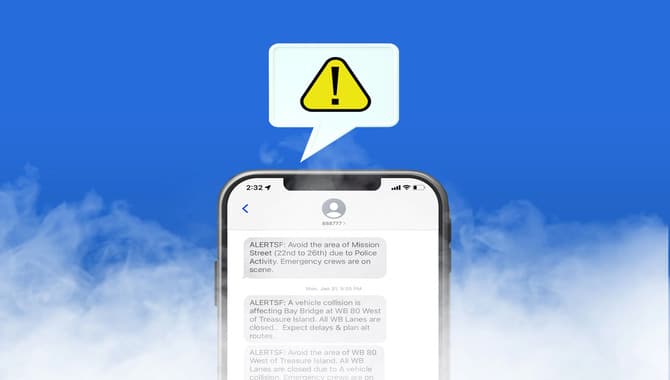
If you live in an area prone to natural disasters or terrorist attacks, it’s important to activate your emergency alert system.
This could include setting up a friend or family member as your safety contact, registering with public warning systems like Amber Alerts and COASTS, and downloading emergency apps like FEMA’S Citizens activation guide for Wireless Emergency Alerts (WEA).
7. Keep A Copy Of Your ID, Passport, And Other Important Documents On Hand
Make sure to keep a copy of your ID, passport, and other important documents on hand in case you need them during an emergency. Copies should store away from sight and accessible only to those who need to see them. You can also invest in safety deposit boxes for additional protection.
Be sure to stay up-to-date with the latest news and information related to current events. This could include watching CBS News or The Repeater for breaking stories, signing up for email alerts from your government, or reading media outlet articles. Being aware of potential threats can help you take the necessary safety precautions.
8. Stay Informed About Safety Alerts And Advisories From Local Authorities
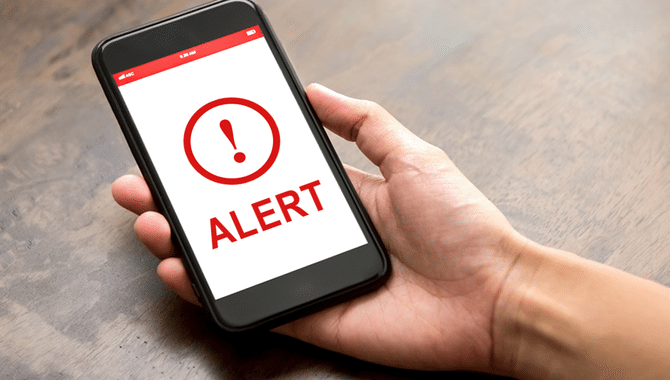
If you live in an area with a high level of crime, it’s important to be up-to-date on safety alerts and advisories from local authorities.
This could include being aware of any new security measures that have been put in places, such as increased patrols or additional street lighting.
Being alert to your surroundings is key when it comes to personal safety. This means checking out for suspicious behavior or anyone who seems out of place.
9. Harden Your Personal Security Measures By Using Proper Locks, Passwords, & Codes
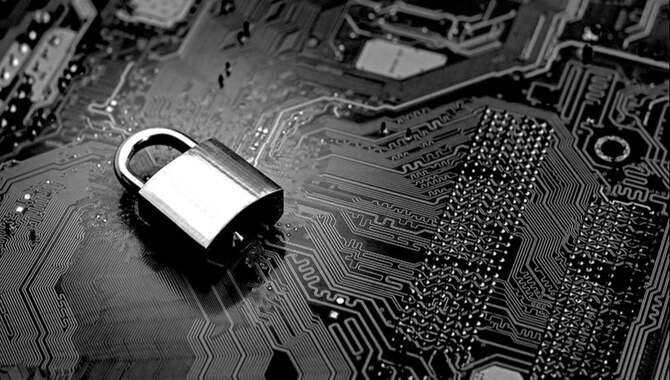
The more secure your security measures are, the less likely someone will be able to access your belongings or hurt you. You can use locks to keep your possessions safe, create passwords for different accounts, and use codes for important safety reasons. Make sure you store all of these security measures in a safe place so you can easily access them if needed.
Conclusion
The world is a dangerous place, and no one is immune to the dangers that exist. No matter where you are in the world, there are risks associated with everyday life. This article will discuss some of the most common personal safety risks that everyone should be aware of.
It’s important to stay informed about current events wherever you are in the world. Do your research online or through news channels so that you know what is happening where you live and work. This way, you can make informed decisions about how to protect yourself physically and emotionally.
In the current climate of terrorism, it is important to take every possible precaution to ensure your safety and security.
This blog provides you with nine personal safety & security measures that you can start implementing immediately. Read through the entire blog and take the necessary steps to protect yourself from harm.
Frequently Asked Questions
1. What Are Some Of The Most Common Threats To Personal Safety Online?
Ans: When it comes to threats to personal safety online, cyberbullying, online scams and malicious software take the top three spots.
Cyberbullying can occur when someone harasses or bullies you through social media, text messages, or emails. Online scams happen when people trick into giving away their personal information or funds to a fraudulent website. Malicious software is designed to steal your data or damage your computer.
To stay safe online, install anti-virus software on your devices, use strong passwords, and never click on links from unsolicited emails or social media posts.
2. How Can I Stay Safe When Using Public Wi-Fi Hotspots?
Ans: When using public Wi-Fi hotspots, it’s important to use a security app like Hotspot Shield to encrypt your connection and keep your personal information safe. Additionally, always use a unique password for every site you visit and never share it with anyone.
Additionally, never click on links in unsolicited emails or messages – always hover over the link to see if it’s from someone you know. And finally, enable two-factor authentication when using any online service with this feature, such as Google, Facebook, Amazon, etc.
3. What Steps Can I Take To Keep My Computer Secure From Hackers?
Ans: To keep your computer safe from hackers, start using a strong password of at least eight characters long. This includes alphanumeric symbols and upper-case letters. Additionally, enable two-factor authentication on all your accounts to protect your login information.
Next, install anti-virus software and keep it up to date. This will help to detect and prevent any malicious files from infecting your computer.
4. Are There Any Other Measures I Should Take To Protect Myself From Identity Theft And Other Crimes?
Ans: The simplest and most effective way to protect yourself from identity theft and other crimes are by creating a strong password and using good anti-virus software. Also, shred old documents that may contain personal information before throwing them out. You can also use 2FA (two-factor authentication) services for online banking and other accounts which require access via phone or an app.
5. Should I Install Anti-Virus Software On My Computer, And If So, Which One Is The Best For Me?
Ans: Several anti-virus programs are available today, each with its own benefits and drawbacks.
When shopping for an anti-virus program, it’s important to consider your PC’s specs, how often it will use, the types of files that will access, and your experience with the software.
Some factors that you should consider when selecting an anti-virus include your PC’s security level and the types of threats you’re prone to encounter. How many users will be using the computer simultaneously, and where is the computer located (e.g., at home or work)?

Leave a Reply